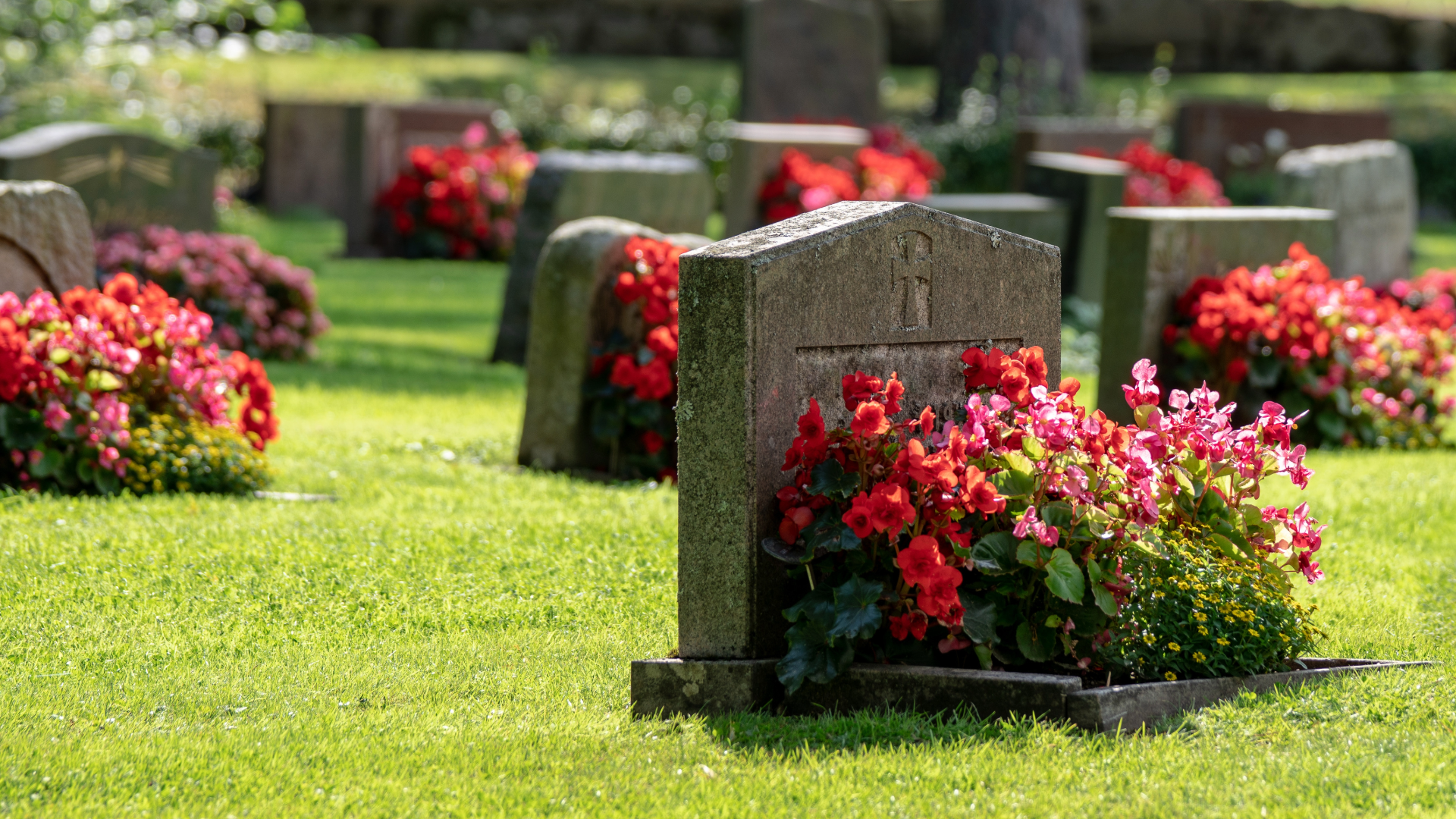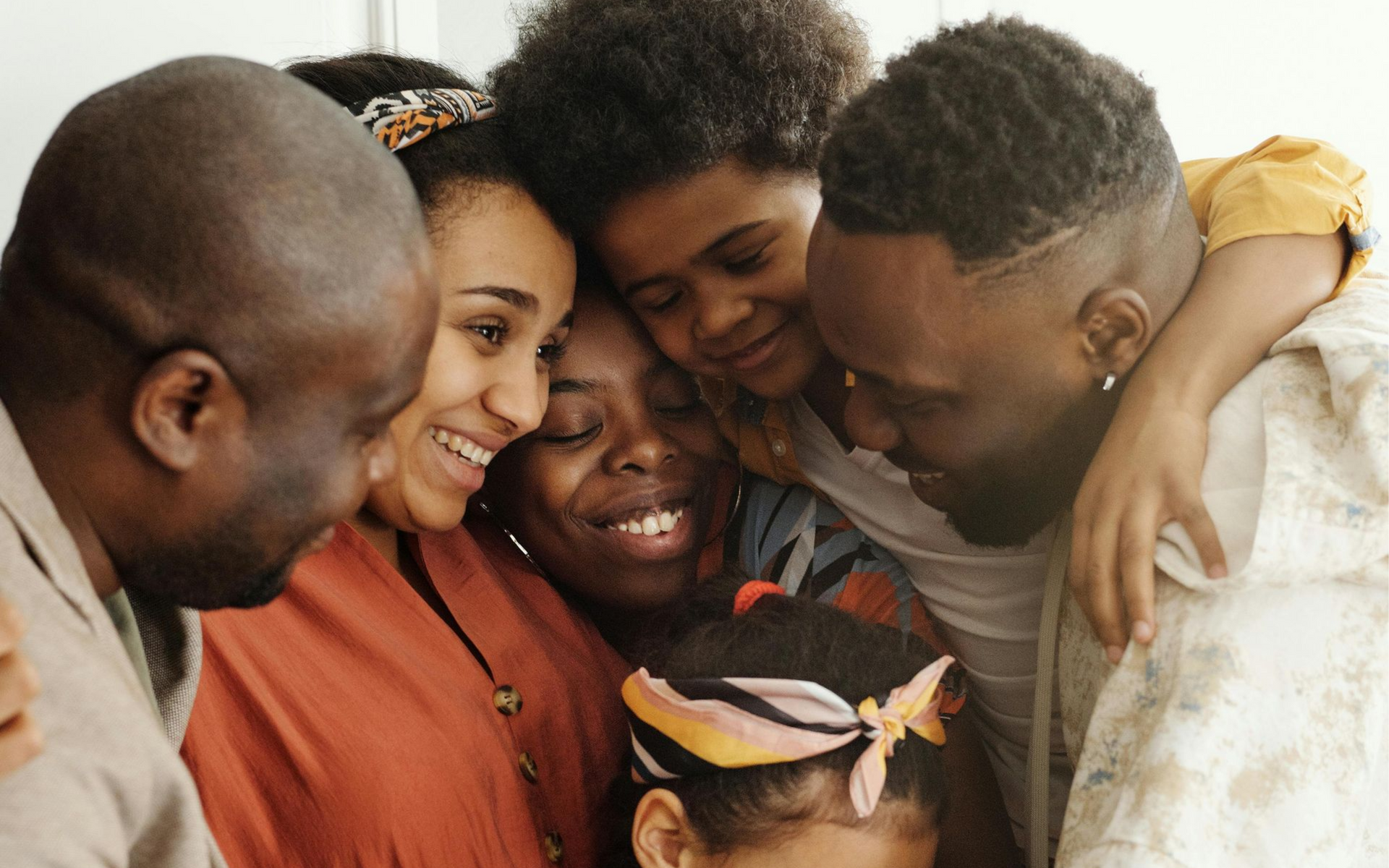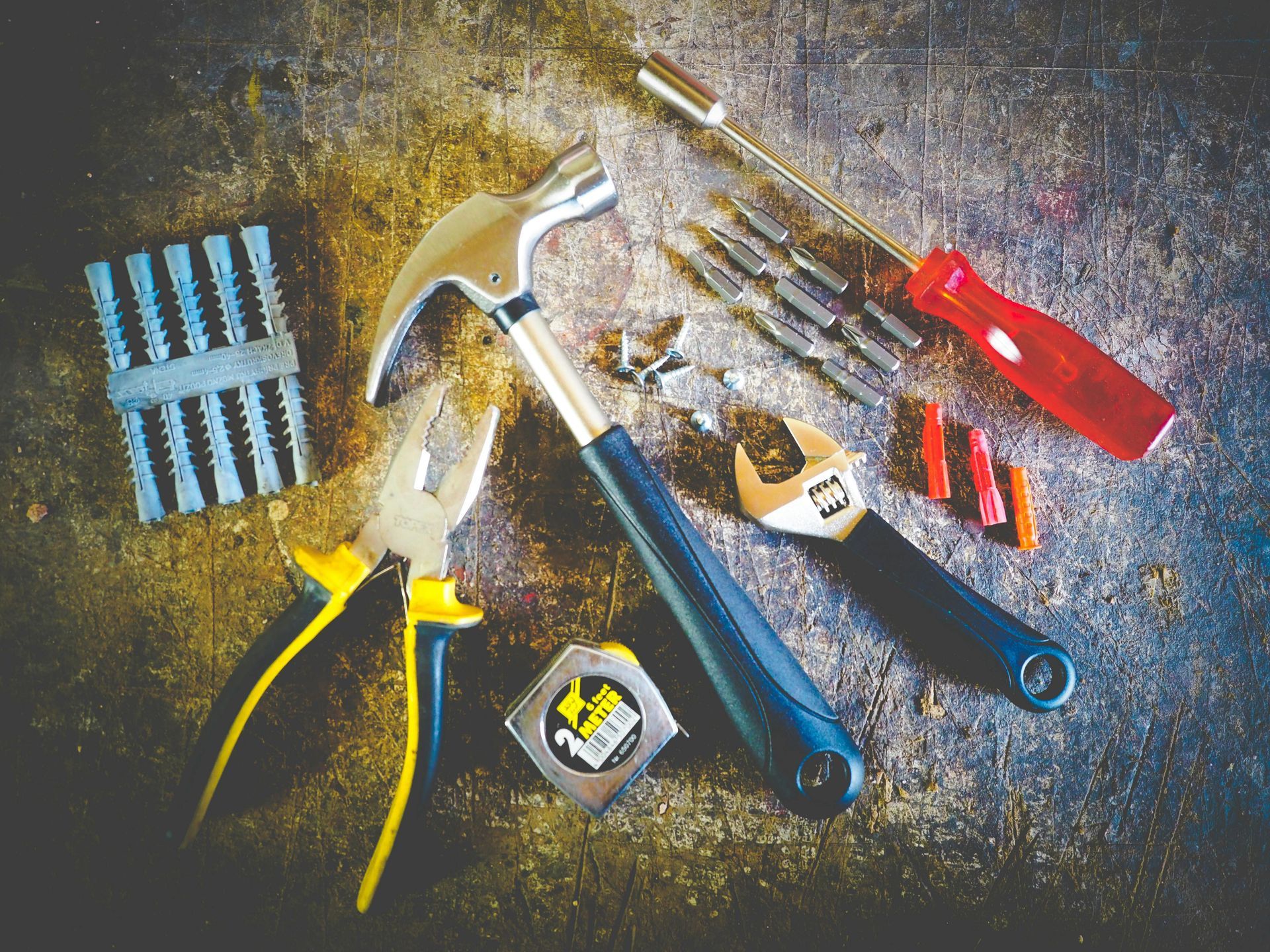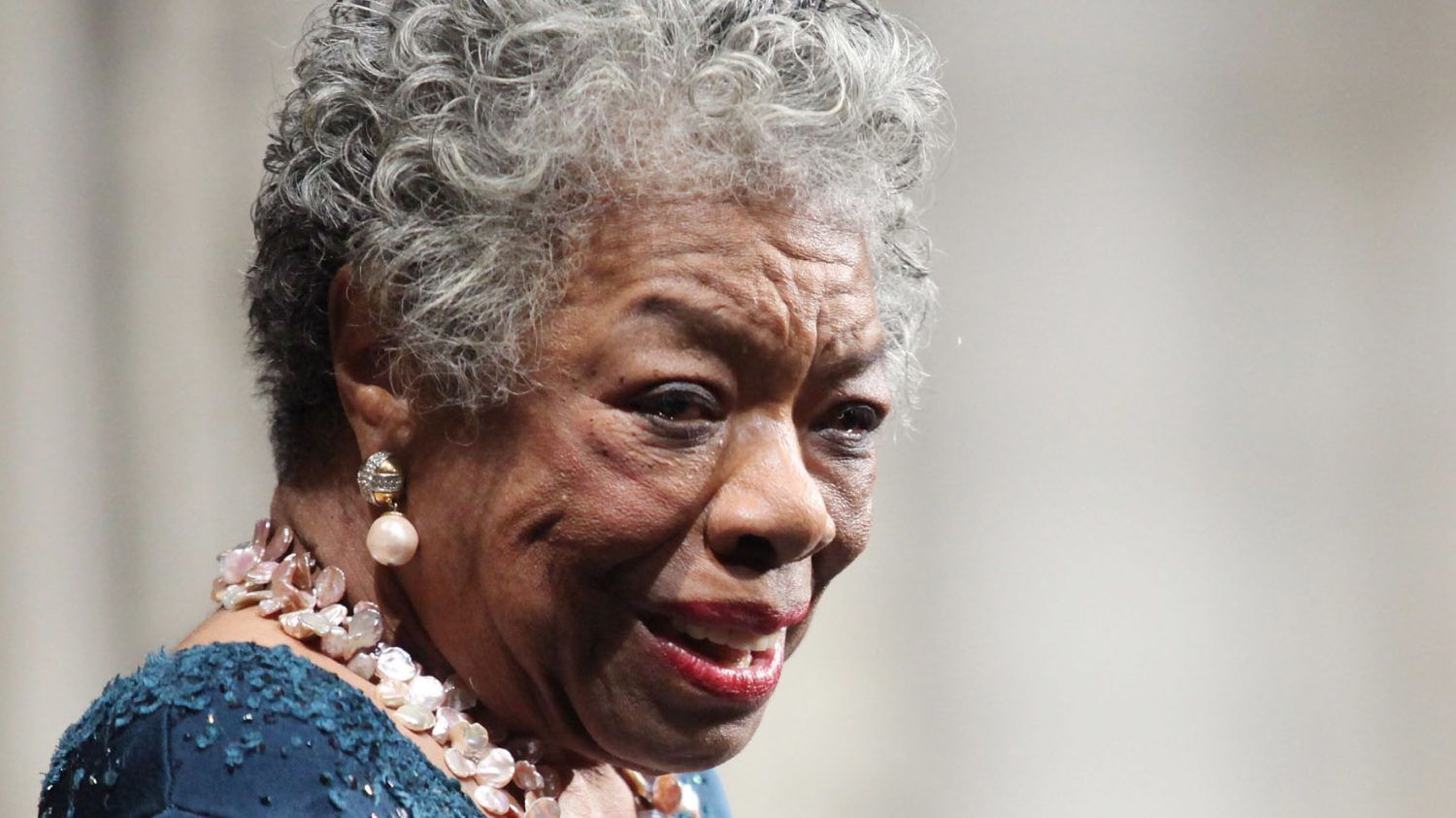Cremation vs. Burial
Which is Right for Your Family

Deciding between cremation and burial is a deeply personal and often emotional choice for families facing the loss of a loved one. Both options carry cultural, religious, and environmental considerations, and what feels right for one family may not for another. Understanding the differences between cremation and burial, along with the pros and cons of each, can help you make an informed decision that aligns with your family’s values, beliefs, and wishes.
Cremation: An Overview
Cremation involves using high heat to reduce the body to ashes, which are then returned to the family. The cremated remains, often called "ashes," can be stored in an urn, scattered in a meaningful location, or incorporated into memorial objects like jewelry or art.
Pros of Cremation:
- Flexibility in Memorialization: Cremation allows for a wide range of memorial options. Families can hold the service before or after the cremation, and the ashes can be kept, scattered, or incorporated into personal items like cremation jewelry. This flexibility can be comforting for those who want time to plan a more personalized memorial or those who wish to scatter the ashes at a meaningful location.
- Cost-Effective: Cremation is generally less expensive than traditional burial because it doesn’t require a casket, burial plot, or headstone. It also eliminates costs associated with embalming and other funeral preparations, making it a budget-friendly option for many families.
- Environmental Considerations: For families concerned about the environmental impact of burial, cremation may seem like a greener alternative, as it doesn’t involve the use of land, embalming fluids, or the materials involved in casket construction.
Cons of Cremation:
- Religious and Cultural Concerns: Some religions, such as Orthodox Judaism, Islam, and certain Christian denominations, prohibit or discourage cremation. It's essential to consider religious and cultural beliefs when making this decision.
- No Permanent Resting Place: Unlike burial, where a gravesite provides a physical location for remembrance, cremation may leave families without a specific place to visit and honor their loved one. For some, this can feel like a loss of tradition or a lack of closure.
Burial: An Overview
Burial involves placing the body in a casket and interring it in the ground or a mausoleum. The gravesite becomes a lasting memorial where loved ones can visit, reflect, and pay their respects.
Pros of Burial:
- Tradition and Ritual: Burial has been a traditional practice for many cultures and religions for centuries. For families who find comfort in tradition, burial may feel like a meaningful way to honor their loved one. It also often aligns with religious practices, especially for those who follow faiths that encourage burial.
- Permanent Memorial: A gravesite provides a permanent place for family and friends to visit and reflect. Many find comfort in having a specific location where they can pay their respects and feel close to their loved one.
- Symbolic Closure: The physical act of burial can provide a sense of closure for family members, as it represents a final resting place and a way to say goodbye in a tangible way.
Cons of Burial:
- Higher Costs: Burial is generally more expensive than cremation. It involves the costs of a casket, a burial plot, a headstone, and often, funeral home services such as embalming. For families on a budget, these costs can be a significant burden.
- Environmental Impact: Traditional burial requires the use of land, caskets, and embalming chemicals, which can have long-term environmental consequences. Some families concerned with sustainability may prefer cremation or alternative options like natural or green burials.
Which Option is Right for Your Family?
Choosing between cremation and burial depends on a variety of factors, including personal beliefs, religious guidelines, financial considerations, and environmental concerns. Some families prefer cremation for its flexibility and lower costs, while others find comfort in the tradition and permanence of burial.
It’s important to have open and honest conversations with family members about their preferences and values. By understanding the pros and cons of each option, you can make a choice that honors the wishes of your loved one while providing comfort and peace to those left behind.











